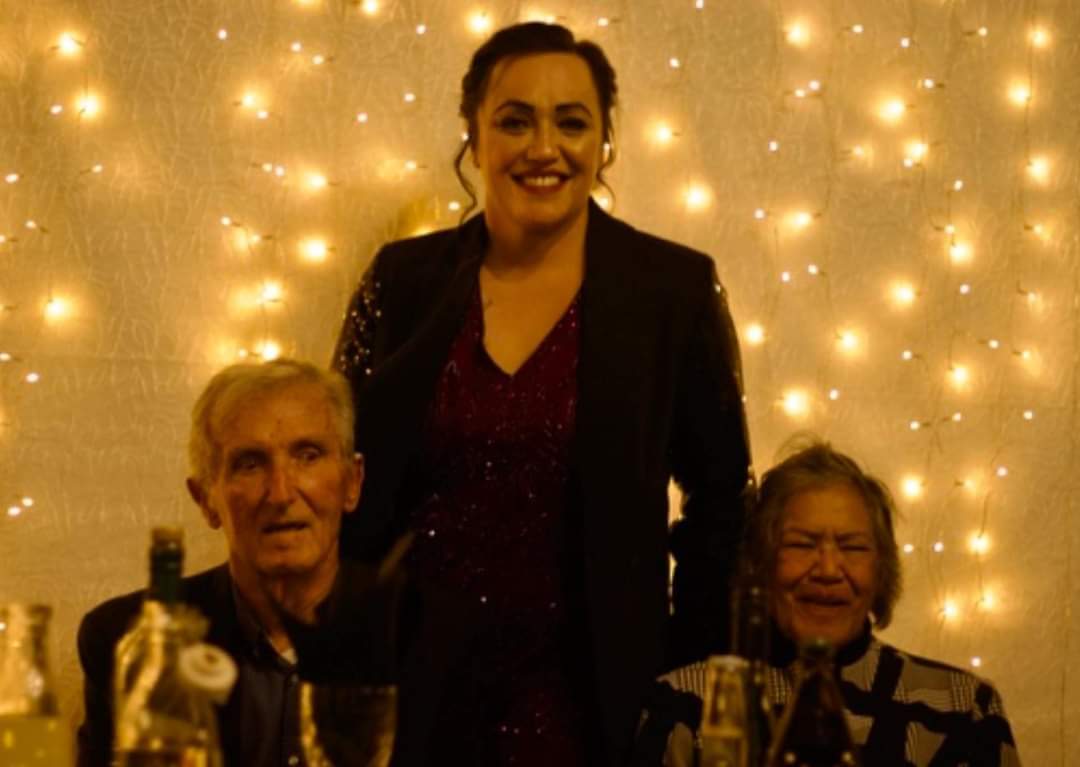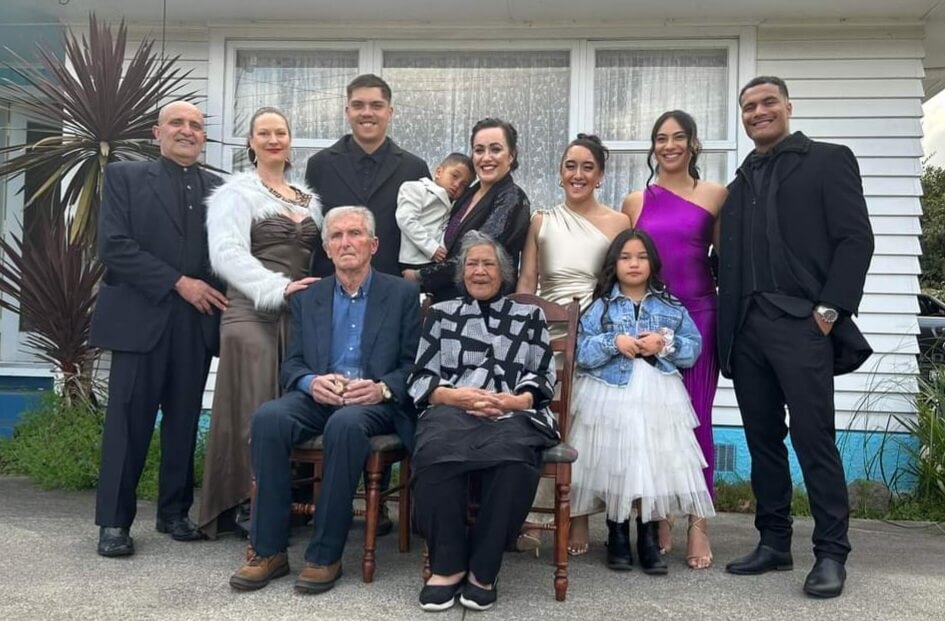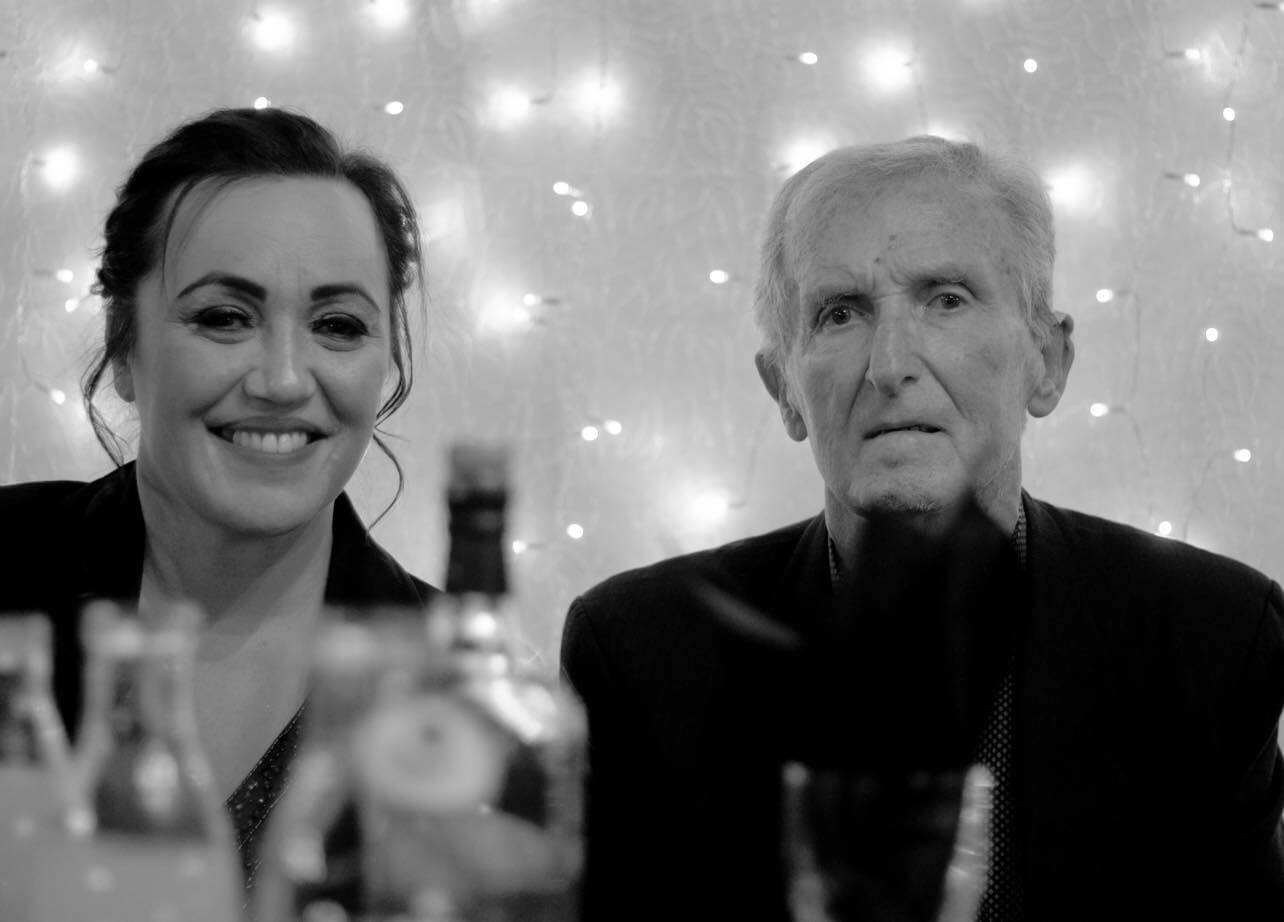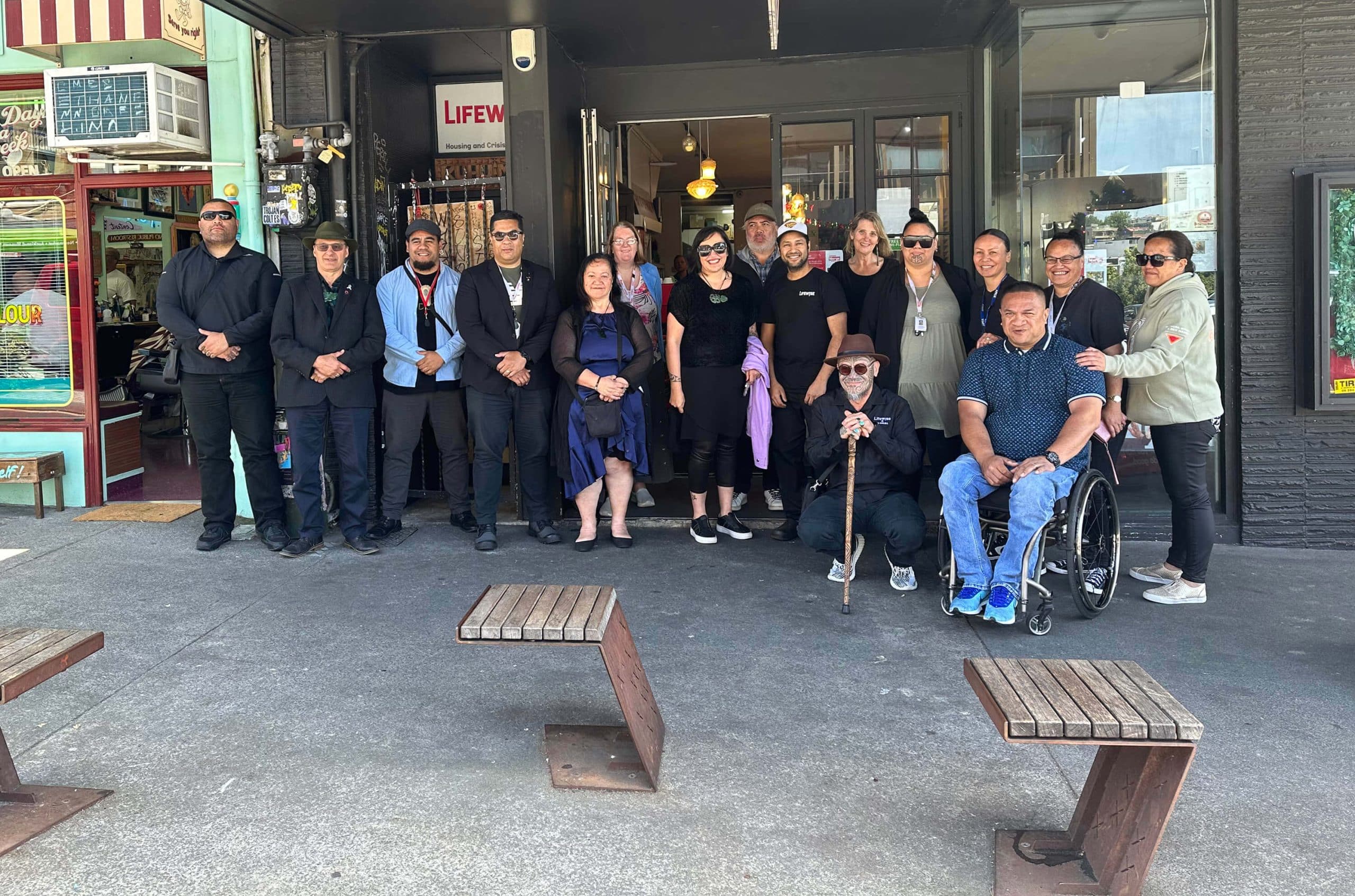Haehaetu Barrett, makes Top 10 for New Zealander of the Year
Ko Te Arawa te waka
Ko Ngāti Whakaue te iwi
Ko Ngāti Kārenga te hapū
Ko Ngongotahā te maunga
Ko Te Utuhina te awa
Ko Te Rotorua-nui-a-Kahumatamomoe te moana
Ko Te Koutū te marae
Ko Tamatekapua te tangata
Ko Haehaetu Barrett toku ingoa
Ko au te Upoko Rangatira o Te Whānau Lifewise Trust
In a recent announcement, Lifewise Haehaetu Barrett emerged as a finalist in the prestigious New Zealander of the Year awards, marking significant recognition for her tireless efforts in combating social injustices and championing the cause of marginalised communities in Aotearoa.
The journey began when Haehaetu, a young Māori wahine and solo mother, entered the health sector as a midnight worker at a hospital. Witnessing the challenges faced by those unable to access proper healthcare ignited a passion within her to make a difference. With a background in social work, she delved into mental health and addictions, becoming a general manager by the age of 29.
“Because I come from a very privileged home life. My father is very well educated. He was a Chief Executive and my mother is very strong in tikanga Māori. So, I learned both worlds when I was very young, very young. But I also learned fire, through my mother’s kaupapa upbringing around fairness and looking after each other like a tribal setting.”
Haehaetu’s commitment to addressing social inequities, particularly for Māori, led her to pursue a Business Management degree, and her strong advocacy for families caught the attention of the Ministry of Health, propelling her into a leadership role for Māori Mental Health. Her journey unfolded against the backdrop of a Māori community in Rotorua, where she not only understood but actively advocated for fairness and support.
“So, my passion has always been to support and manaaki people. The environment that I was raised in and that I still live in is a very Māori community in Rotorua, heavily saturated with gangs. It’s quite normal that gang life is where we are. So, I know that world well, but they also know me as someone who advocates strongly for to either fight for our families, and I also support recruitment into our kind of sector. And my passion, my interest, my motivation is ensuring fairness across communities.”



The Lifewise adoption, as Haehaetu refers to it, was not just a career move; it was a strategic alliance. Lifewise provided not only infrastructure support but also a platform for political influence.
“I didn’t join Lifewise, I adopted Lifewise. I joined a parish group here (in Rotorua) and looked to do mental health and addictions. A struggling little parish and I reconfigured them with Lifewise. So, what drew us to Lifewise, particularly for me as the leader then, was the infrastructure support that we would receive, but also the ability to influence politically. Lifewise is very well known to heed the Prime Minister’s ear when they need to have direction around fighting or combating social issues.”
She would eventually move on to become the Chief Executive of Lifewise, and the mission to challenge some of the systemic issues she had witnessed, particularly for Māori, would begin. Partnerships, a recurring theme, are painted as crucial in Haehaetu’s vision. Partnerships with iwi trusts, business organisations, and government bodies define Lifewise’s approach, emphasising transparent relationships and mutual accountability. It’s a departure from the conventional provider-funder relationship, a paradigm shift that she actively champions.
“That’s how we should be working with our government as a partnership, not as the provider where they’re the funder. That’s where it all goes wrong.”
Her deep-rooted commitment is in holding government and local agencies to account. Lifewise, under her guidance, doesn’t just apply for contracts but considers them with a clear articulation of how they will deliver services tailored to the needs of the community. Looking ahead, Haehaetu envisions Lifewise as a unique provider that doesn’t solely depend on government funding. Her goal is for the organisation to be a fully informed, expert-led entity that works within communities as a partner rather than a provider.
“That’s how we should be working with our government as a partnership, not as the provider where they’re the funder. I want our preferred provider status of doing everything, cutting edge. Having more lived experience leading at decision-making levels and not just used for a quick pick-off that we’ve had a consult with.”
When asked what making it into the semi-finals for New Zealander of The Year meant to her, she reflected on a whakatau she’d attended.
“When I see or hear outcomes of people doing well, like a person who we supported through addiction years ago, come back, many years clean, to start as a support worker – it’s those things that ignite all the sacrifice and all those long hours into the work that’s really like an achievement.”
“My parents are proud; that’s big for me, my three kids, my two grandchildren, and my best friend Tepora. You know, those were the big things for me.”
“But for me, it's a privilege to be working across the teams that I've been able to lead and be amongst like-minded people who are in it for the cause and our history of who we are.”


